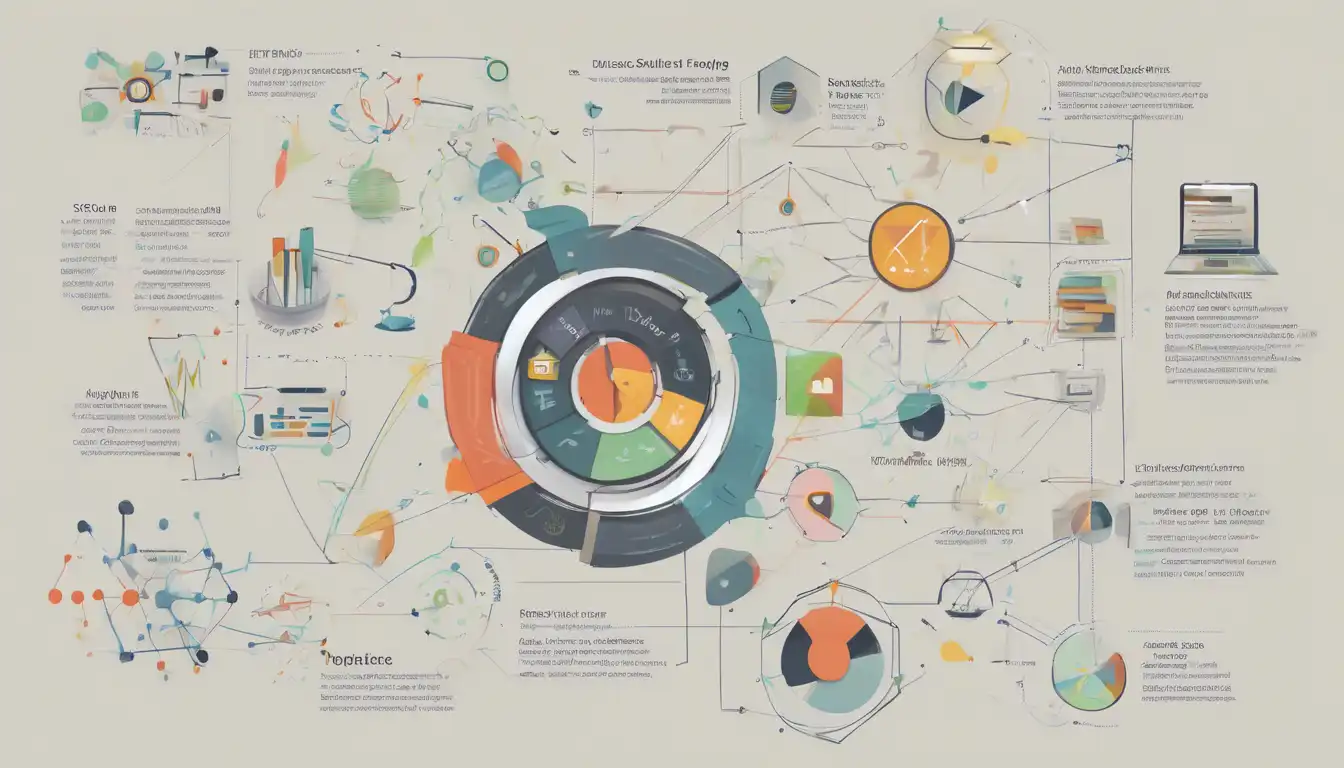Introduction to Data Science Tools
In the rapidly evolving field of data science, staying updated with the latest tools and technologies is crucial for every analyst. Whether you're a beginner or an experienced professional, knowing which tools can help you analyze, visualize, and interpret data efficiently is key to your success. This article explores the essential data science tools that every analyst should know to stay ahead in the game.
Programming Languages for Data Science
At the heart of data science are programming languages that allow analysts to manipulate data and build models. Here are the top languages you should be familiar with:
- Python - Known for its simplicity and versatility, Python is a favorite among data scientists. Libraries like Pandas, NumPy, and Scikit-learn make it indispensable for data analysis and machine learning.
- R - Specifically designed for statistical analysis and visualization, R is another must-know language for data analysts.
- SQL - For managing and querying relational databases, SQL is essential. It's the backbone for data extraction and manipulation tasks.
Data Visualization Tools
Visualizing data is crucial for understanding complex datasets and communicating findings. Here are some tools that can help:
- Tableau - A powerful tool for creating interactive and shareable dashboards.
- Power BI - Microsoft's analytics service that provides interactive visualizations with self-service business intelligence capabilities.
- Matplotlib and Seaborn - Python libraries that are great for creating static, animated, and interactive visualizations.
Big Data Technologies
With the explosion of data, big data technologies have become essential for processing large datasets efficiently:
- Hadoop - An open-source framework that allows for the distributed processing of large data sets across clusters of computers.
- Spark - Known for its speed and ease of use, Spark is a unified analytics engine for big data processing.
Machine Learning Platforms
Machine learning is a critical component of data science. Here are some platforms that can help you build and deploy models:
- TensorFlow - An open-source library developed by Google for numerical computation and machine learning.
- PyTorch - Developed by Facebook, PyTorch is known for its flexibility and ease of use in research and production.
Conclusion
Mastering these data science tools can significantly enhance your analytical capabilities and open up new opportunities in your career. While the list is not exhaustive, focusing on these essential tools will provide a solid foundation for any data analyst. Remember, the key to success in data science is continuous learning and staying updated with the latest trends and technologies.
